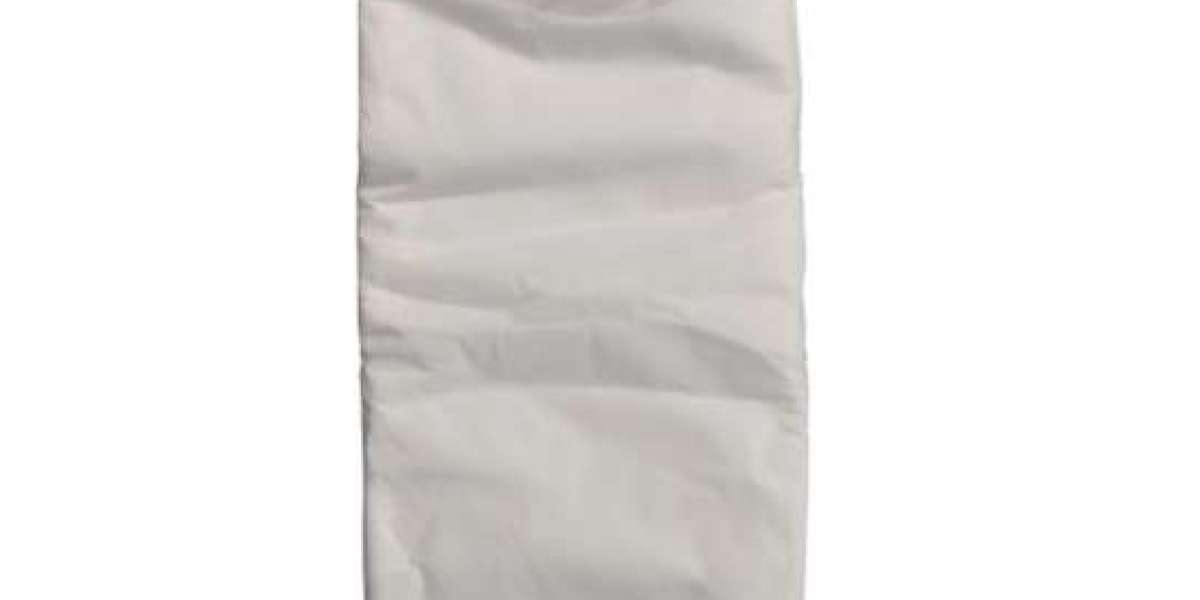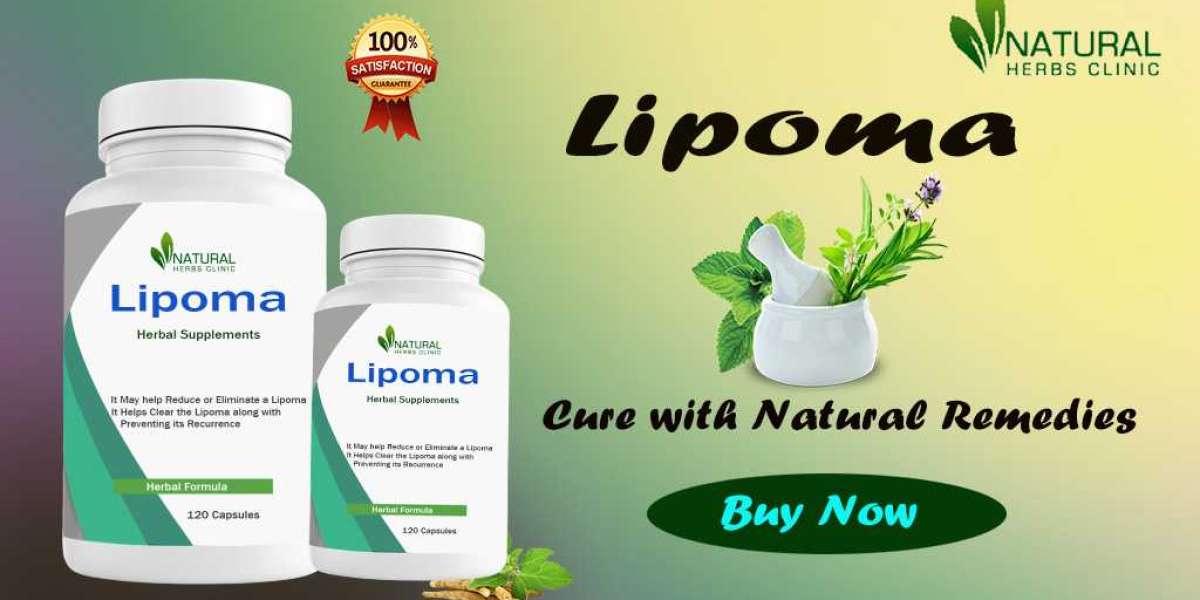The global mosquito repellent market size was valued at USD 6.23 billion in 2021 and is projected to grow from USD 6.51 billion in 2022 to USD 9.30 billion by 2029, exhibiting a CAGR of 5.23% during the forecast period. The rising temperature on the earth due to growing greenhouse gases in the atmosphere has contributed to a rise in the mosquito population. This has elevated the need for products to repel mosquitoes, thus driving market augmentation. This information is provided by Fortune Business Insights™, in its report titled, “Mosquito Repellent Market, 2023-2029.”
Fortune Business Insights™ lists out all the mosquito repellent market companies that are presently striving to reduce the impact of Covid-19 pandemic on the market:
- 3M (U.S.)
- Coghlan’s Ltd. (Canada)
- Dabur (India)
- Godrej Consumer Products Ltd. (India)
- Homs LLC (U.S.)
- New Avon LLC. (U.S.)
- PIC Corporation (U.S.)
- Reckitt Benckiser Group Plc (U.K.)
- S.C. Johnson & Son, Inc. (U.S.)
- Spectrum Brands Holdings Inc. (U.S.)
Drivers and Restraints:
Increasing Occurrence of Insect-Borne Diseases to Propel Product Demand
Growing incidences of insect-borne diseases, such as dengue and malaria, will propel product demand, thus driving market growth. The number of dengue and malaria cases and deaths recorded are very high in rural and semi-urban areas. According to a report published by the World Health Organization, approximately 14 million new cases of malaria were reported in 2020. This will propel product demand and market augmentation in the coming years.
On the other hand, skin reactions, such as swelling, rashes, eye irritation, and itching, associated with the use pf mosquito repellents will act as challenges for businesses operating in this domain.
Segments:
Effective Actions of Coils as Compared to Other Alternatives to Drive Segment Expansion
Based on product type, the market is split into coil, spray, cream and oil, vaporizers, and others. Among these, the coil segment dominated the market in 2021 and is projected to grow significantly in the coming years. Mosquito coils provide immediate action to the surrounding and are also widely available in all places. This, in turn, propels the demand for coils contributing to segment growth.
Chemically Derived Repellents Segment to Lead Backed by their Efficiency
As per raw material, the market is bifurcated into plant-based repellents and chemically derived repellents. Among these, the chemically derived repellents segment held the largest mosquito repellent market share in 2021. Chemically derived mosquito repellents are the most effective solutions when dealing with mosquitoes. They provide an immediate cure as they are made of concentrated chemicals.
Availability of a Range of Products Propels the Demand for the Supermarkets Segment
According to the distribution channel, the market is segregated into retail stores, supermarkets, online, and others. Among these, the supermarket's segment captured a significant share of the global market in 2021. Supermarkets offer a wide variety of products to consumers, which lets the customers verify the products and select from a range of product portfolio before purchasing.
Geographically, the market is segregated into North America, Europe, Asia Pacific, Latin America, and the Middle East & Africa.
Regional Insights:
Asia Pacific to Dominate Backed by Rising Consumer Awareness Regarding Benefits of Mosquito Repellents
Asia Pacific held majority of the market share in 2021, owing to growing consumer awareness regarding the benefits of the product. The launch of new product variants and increasing consumer acceptance for these products will aid regional market augmentation. Moreover, the increasing awareness regarding the pros of using the product among slum dwellers will contribute to market augmentation in this region.
North America is projected to record significant growth in the forthcoming years backed by increased production volume of product and growing research & development activities by leading companies and governments. Thus, the surging demand for mosquito repellents and its availability will drive regional market expansion.
The South America market is slated to grow rapidly over the analysis timeframe stoked by the rise in insect borne diseases in the region due to changing weather conditions. Additionally, the construction of hypermarkets and supermarkets is also attracting consumers to buy insect repellent products of different types and contributing to regional market escalation.
Competitive Landscape:
Product Launches by Leading Players to Elevate Market Augmentation
Industry leaders often make tactical decisions such as collaborations, mergers & acquisitions, and partnerships. One such move is the launch of new products to expand product portfolio and meet ever-increasing consumer requirements. For instance, in August 2020, Bodyguard introduced a natural insect repellent cream that is DEET-free and 100% plant-based. Neem and aloe vera are added to the lotion to provide hydration along with protecting against mosquitoes.
Key Industry Development:
- June 2022: Reckitt Benckiser Group PLC partnered with Amazon to enhance channel optimization, brand protection, advertising, and resolve supply chain issues. The company has also signed Amazon’s Climate Pledge to become carbon neutral by 2040, 10 years before the global deadline.
Browse Detailed Summary of Research Report:
https://www.fortunebusinessinsights.com/mosquito-repellent-market-104417
 " class="wow_main_float_head_img">
" class="wow_main_float_head_img">






